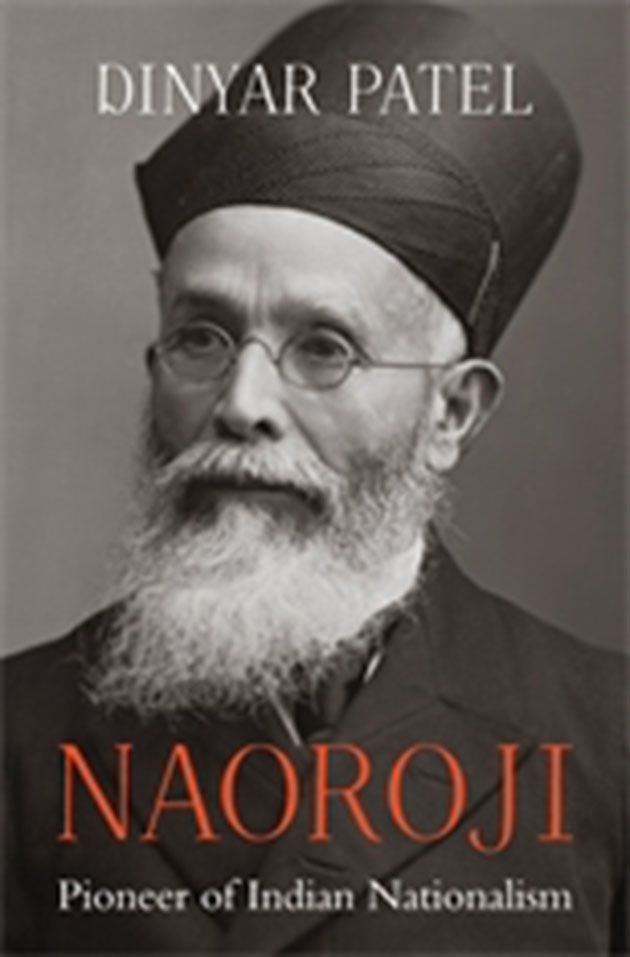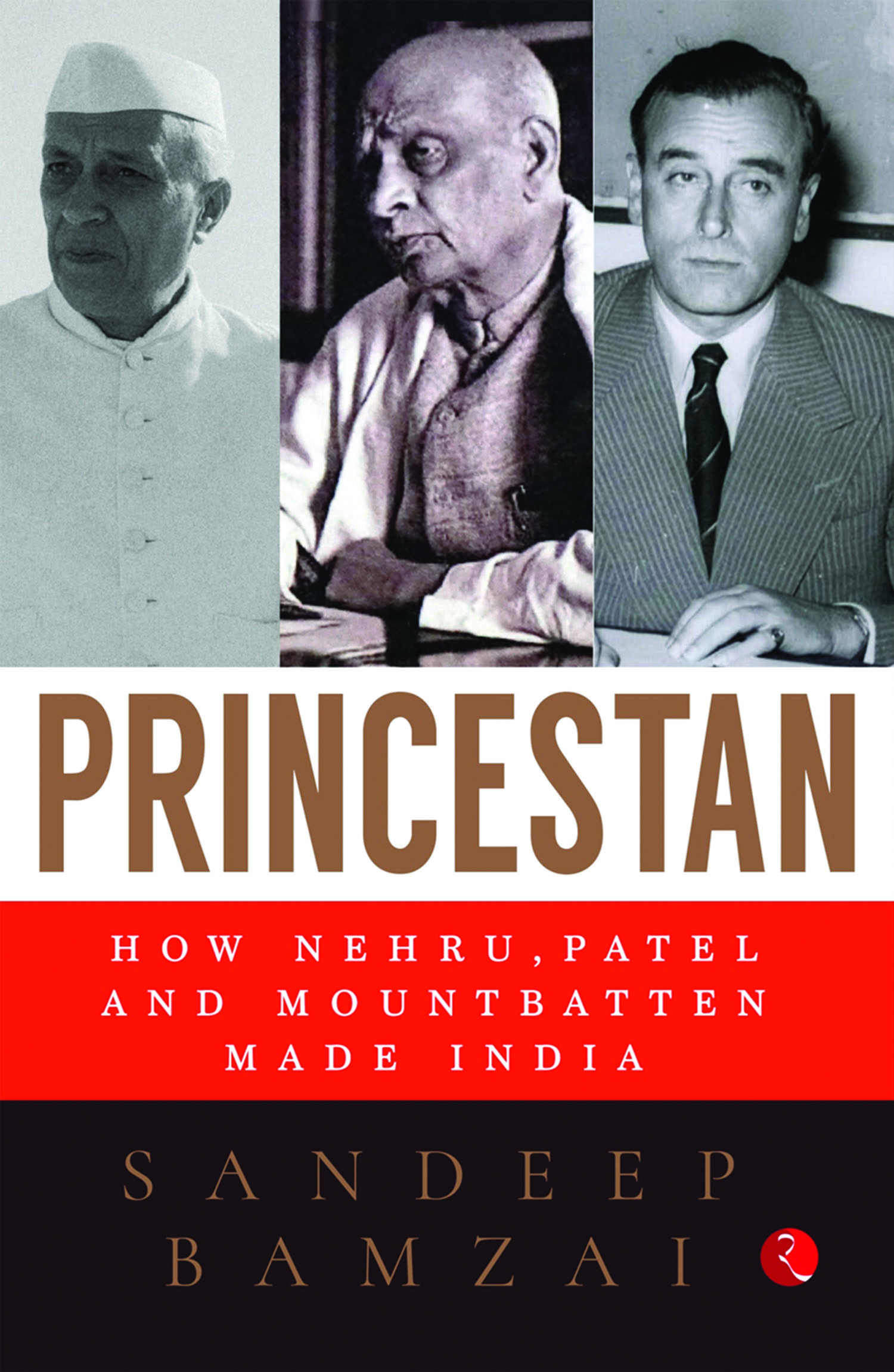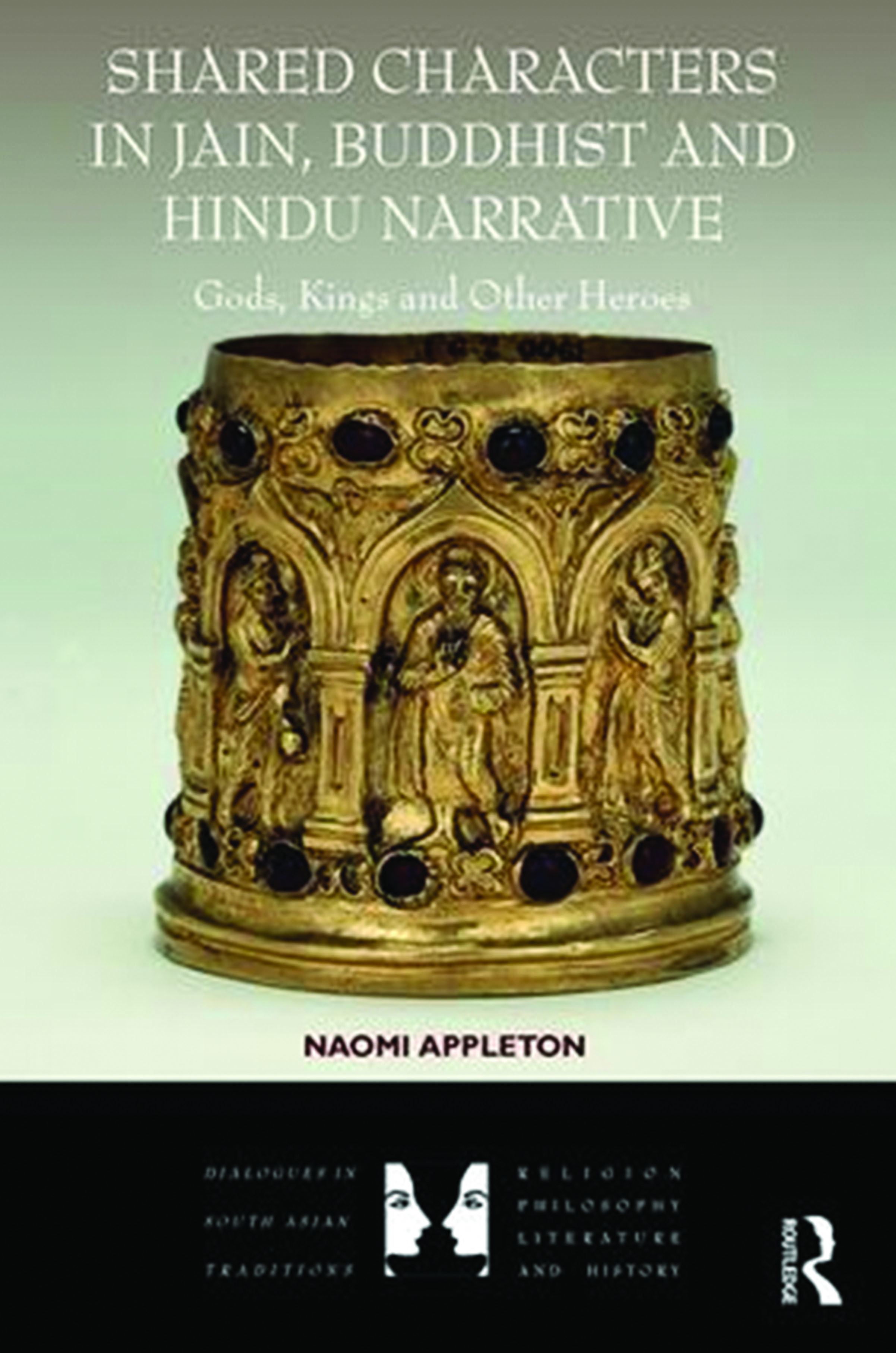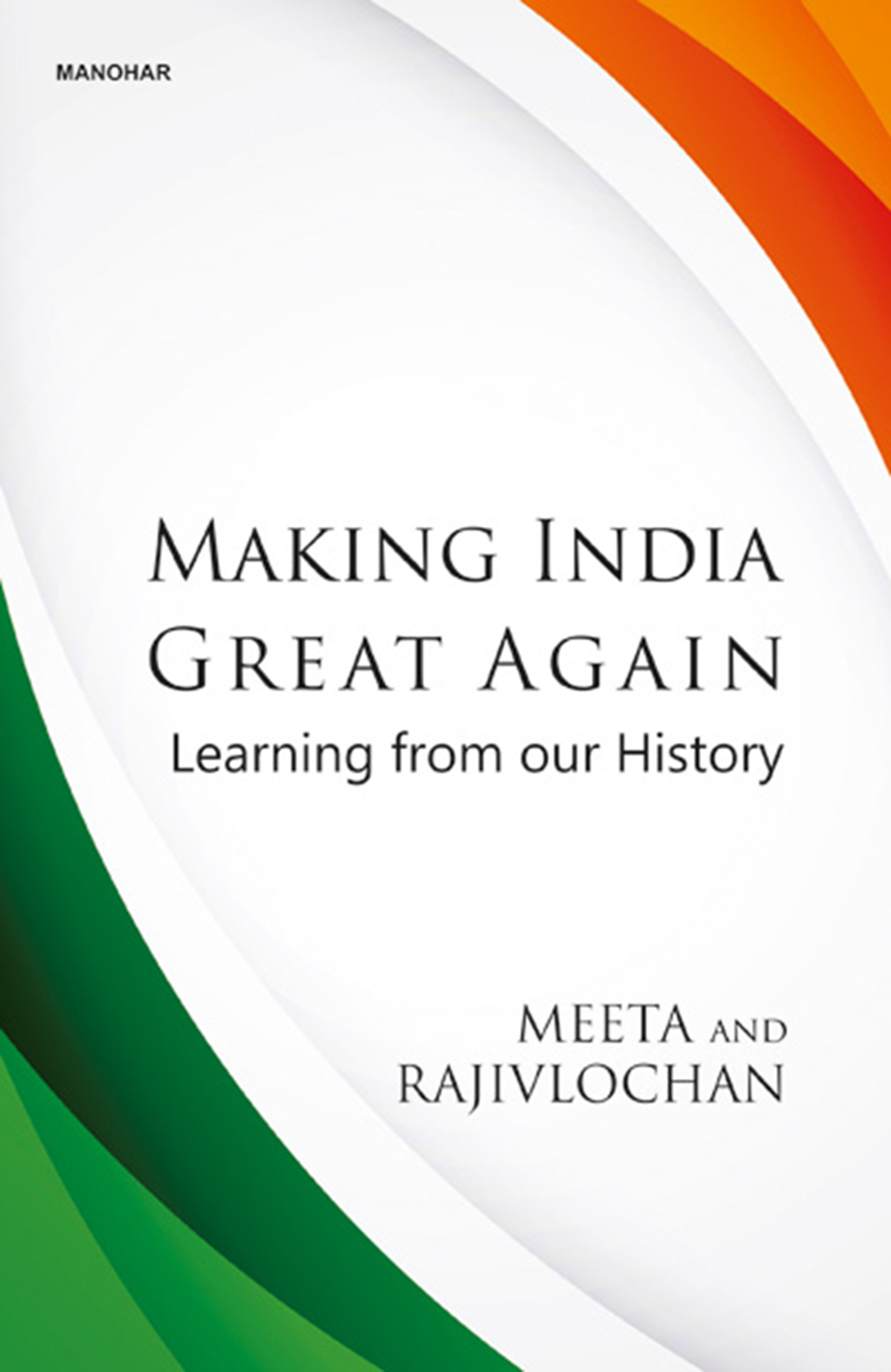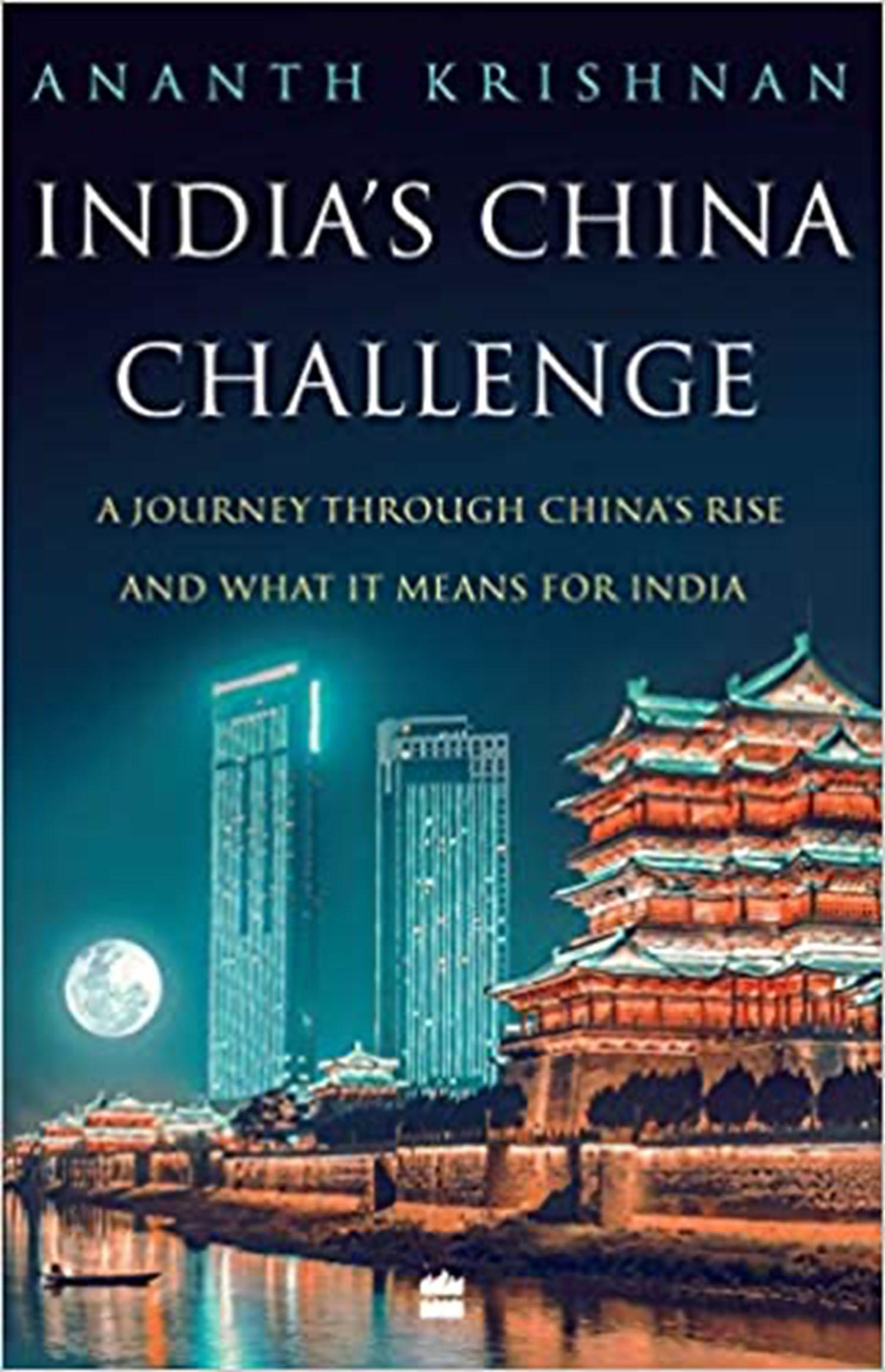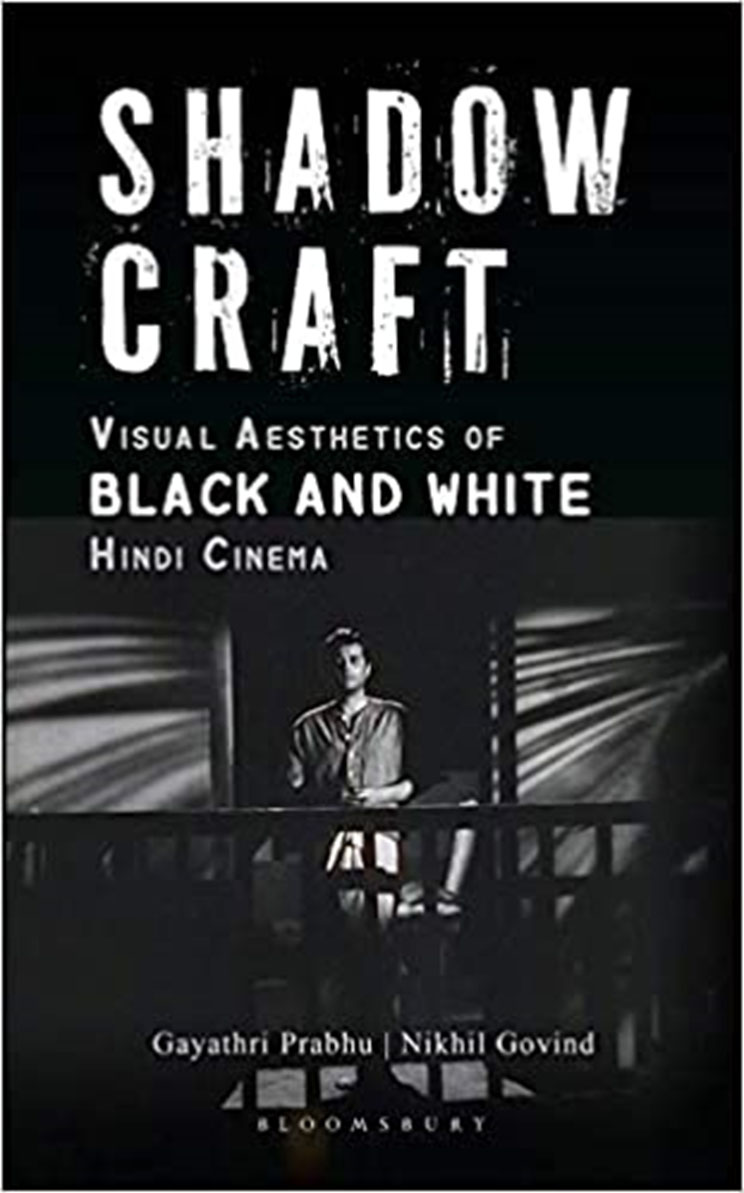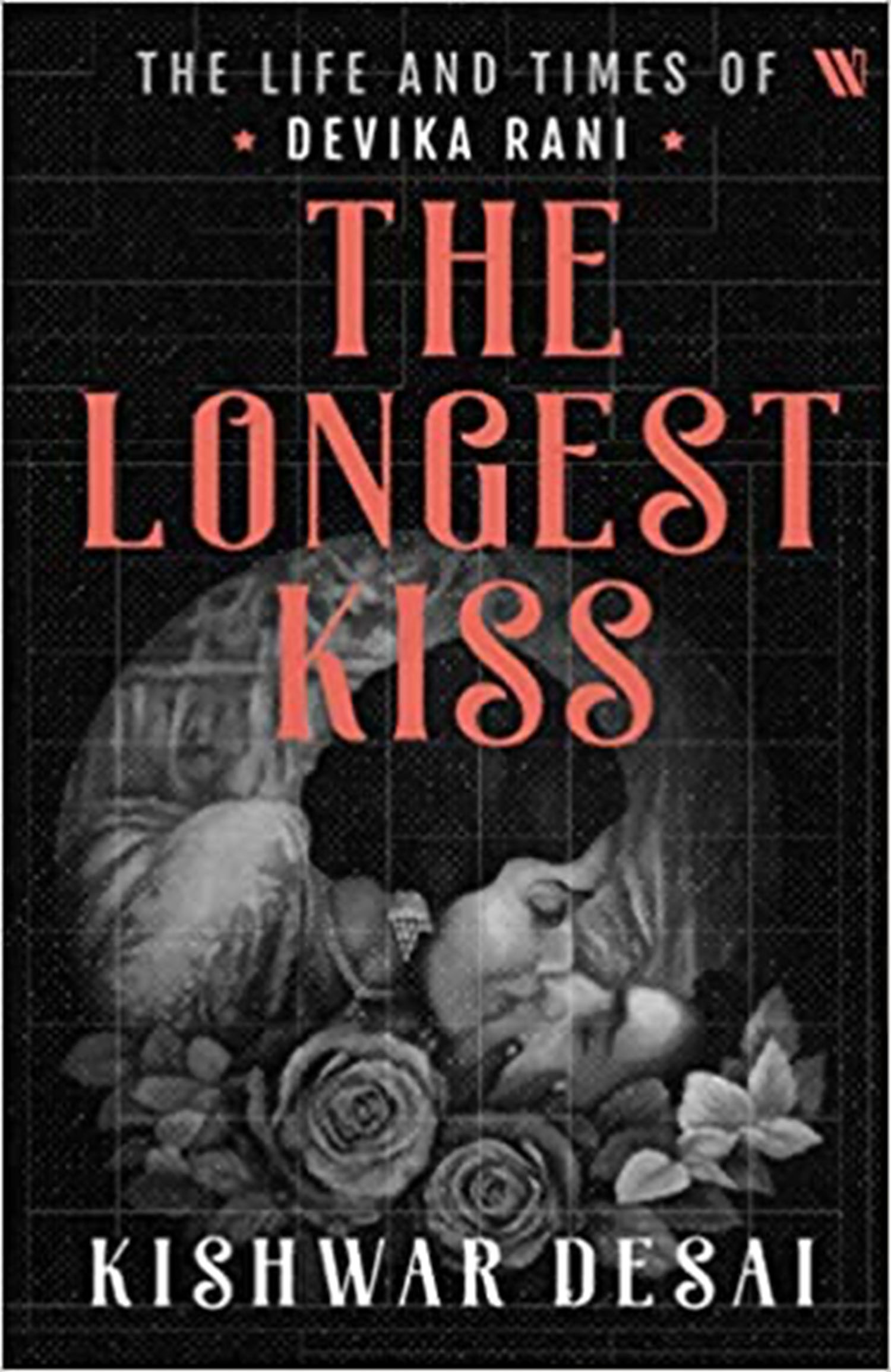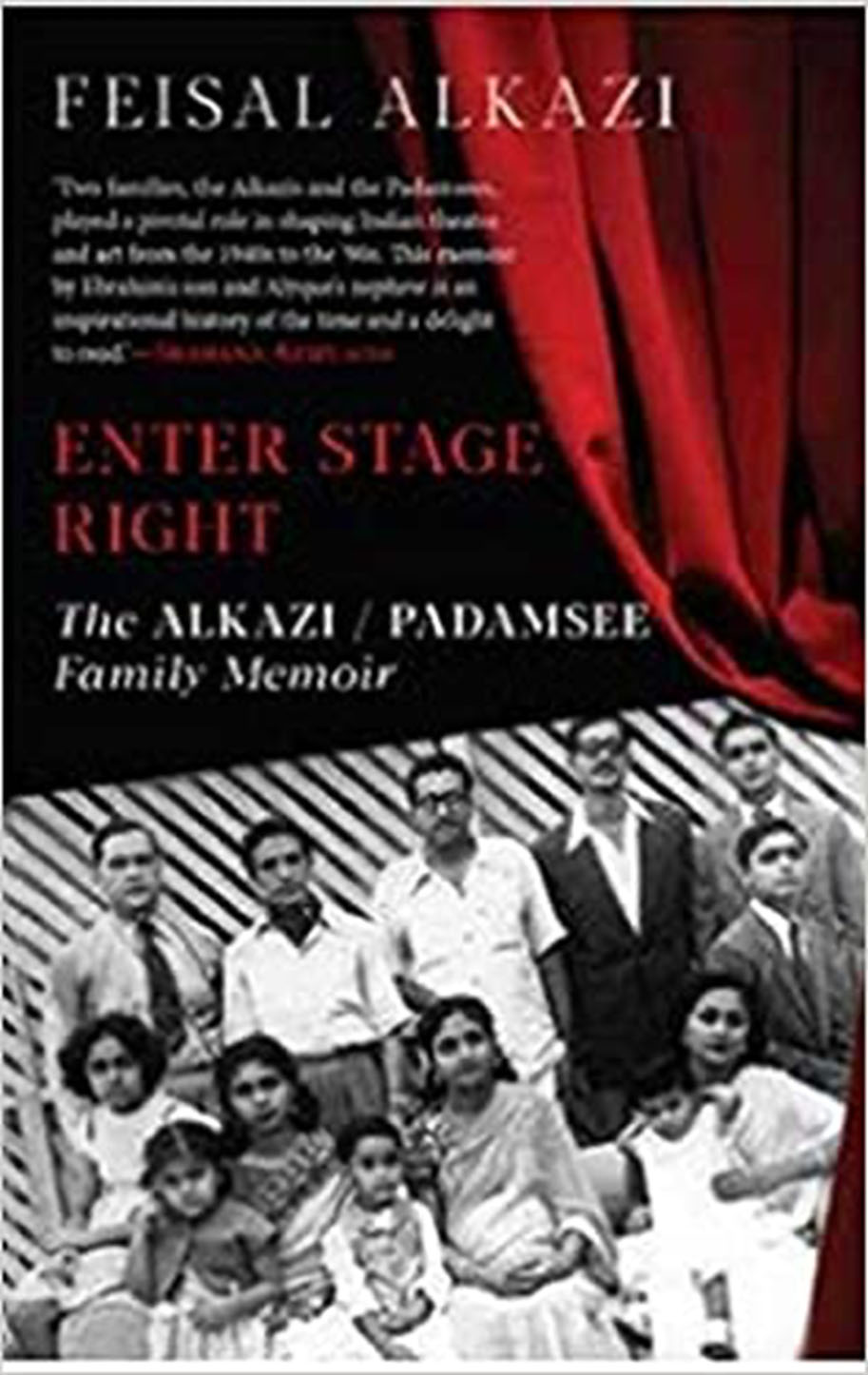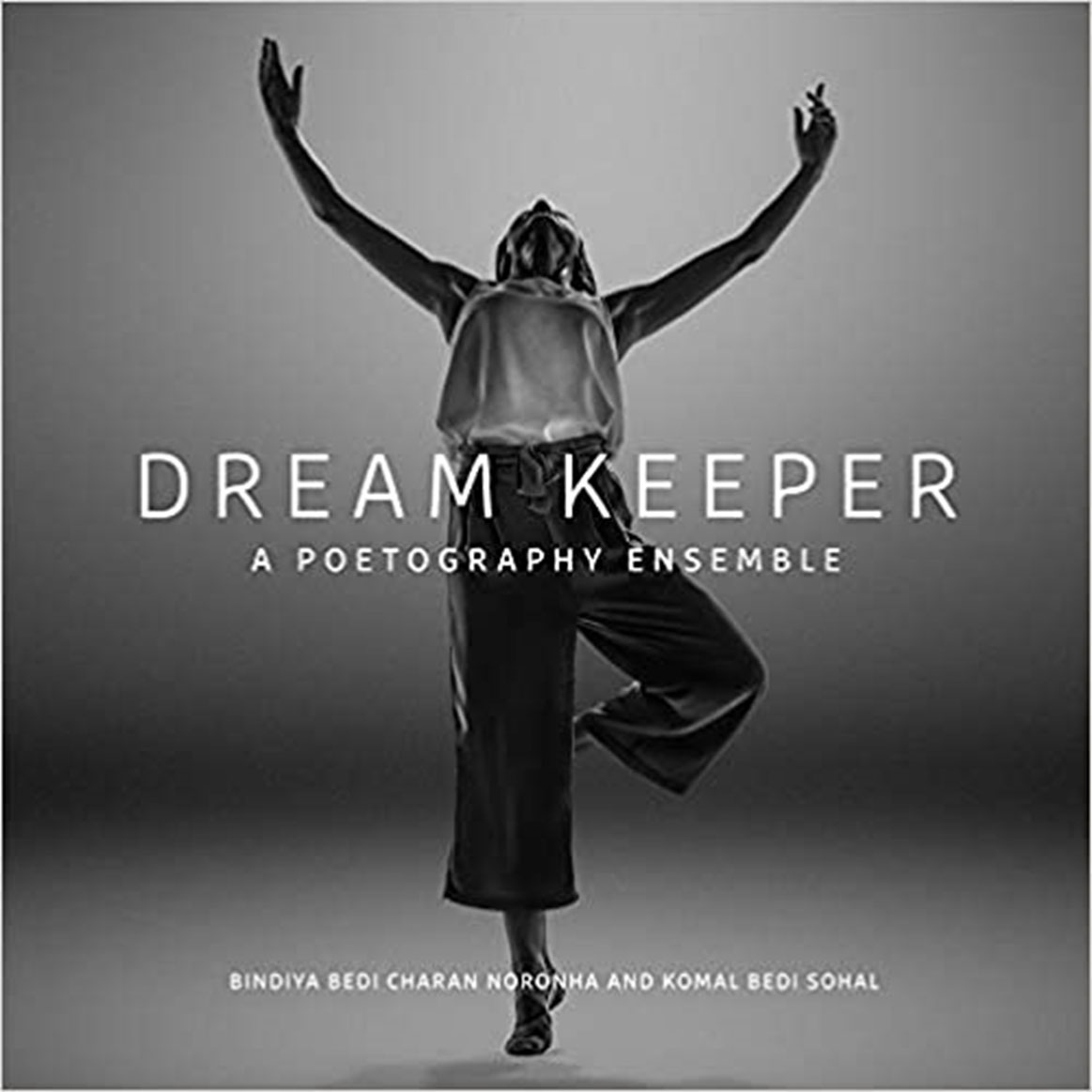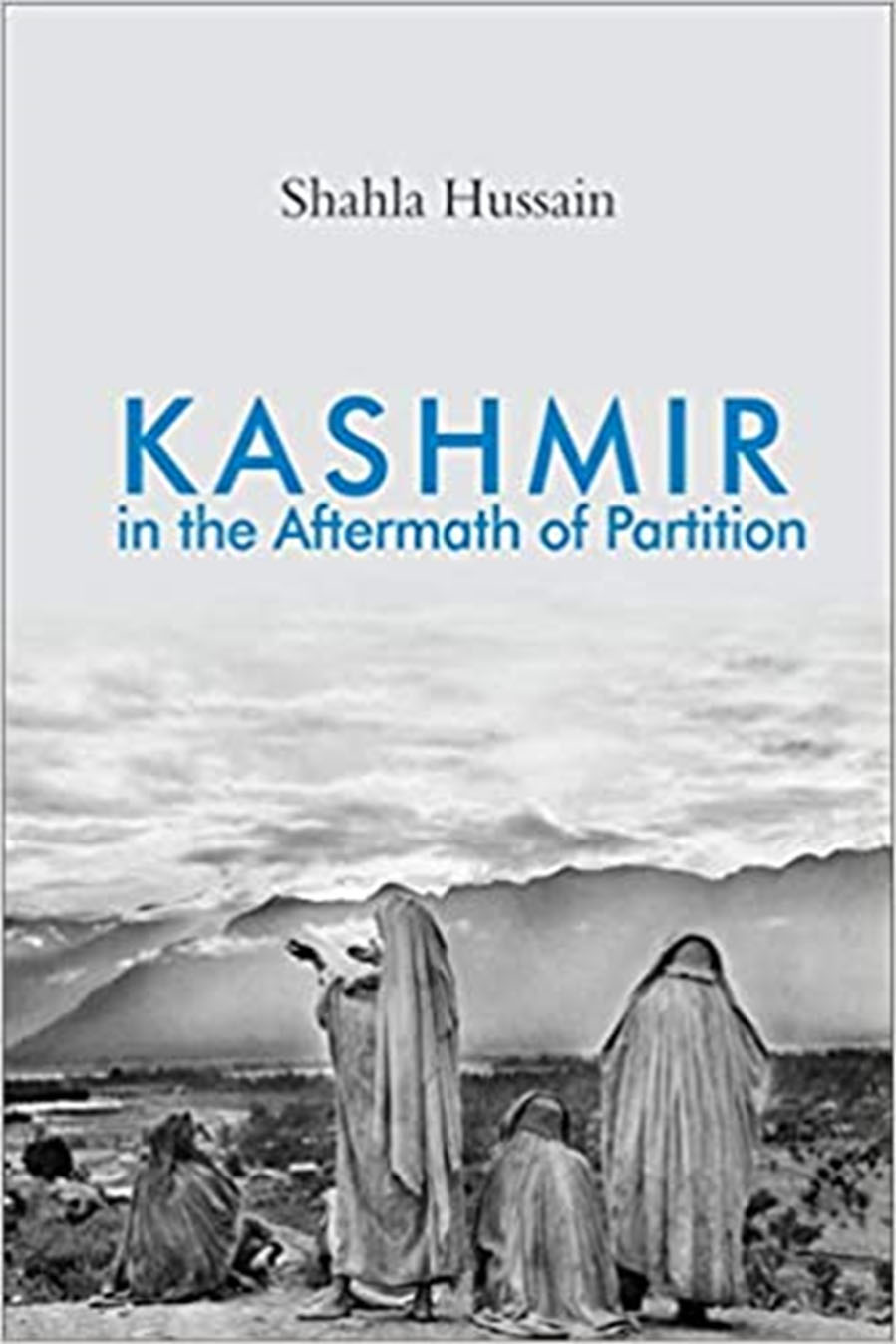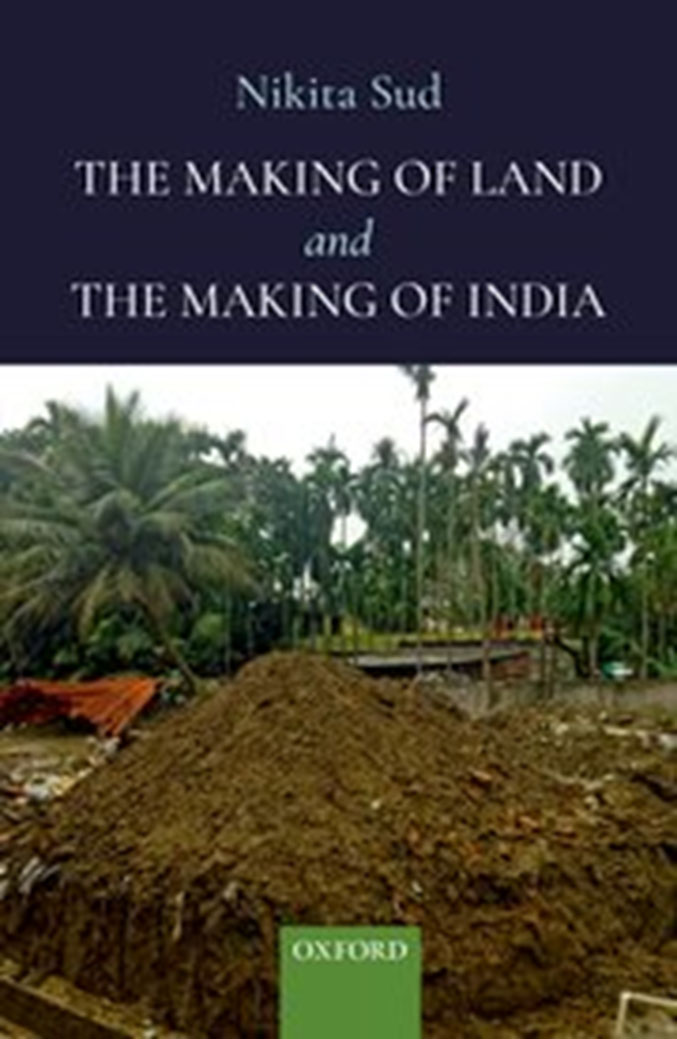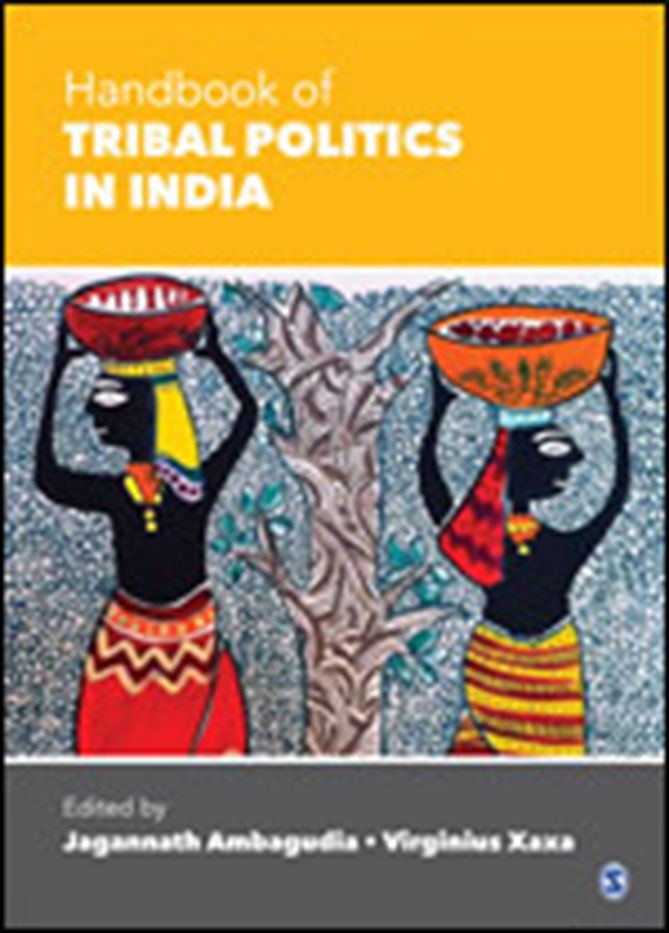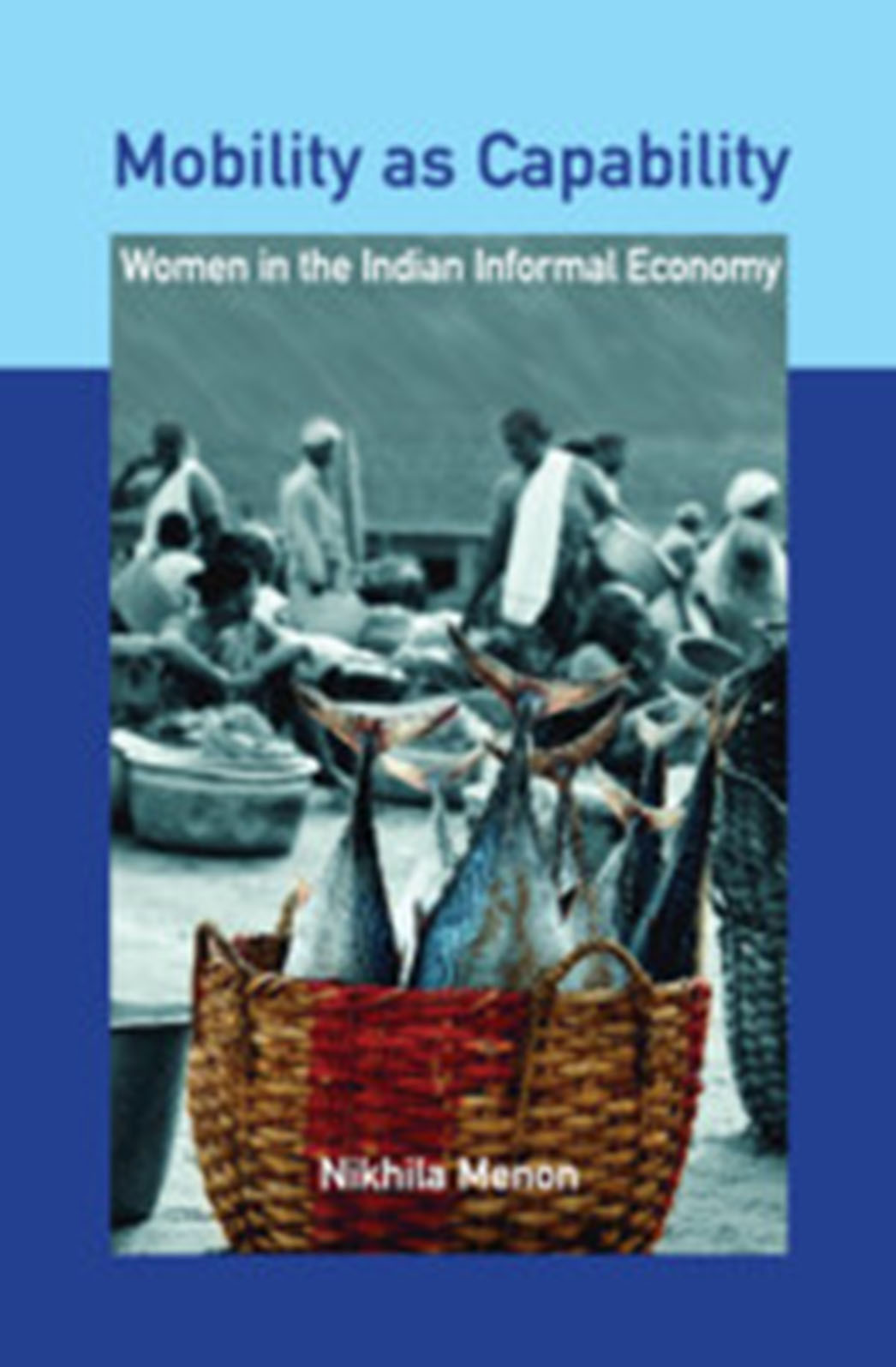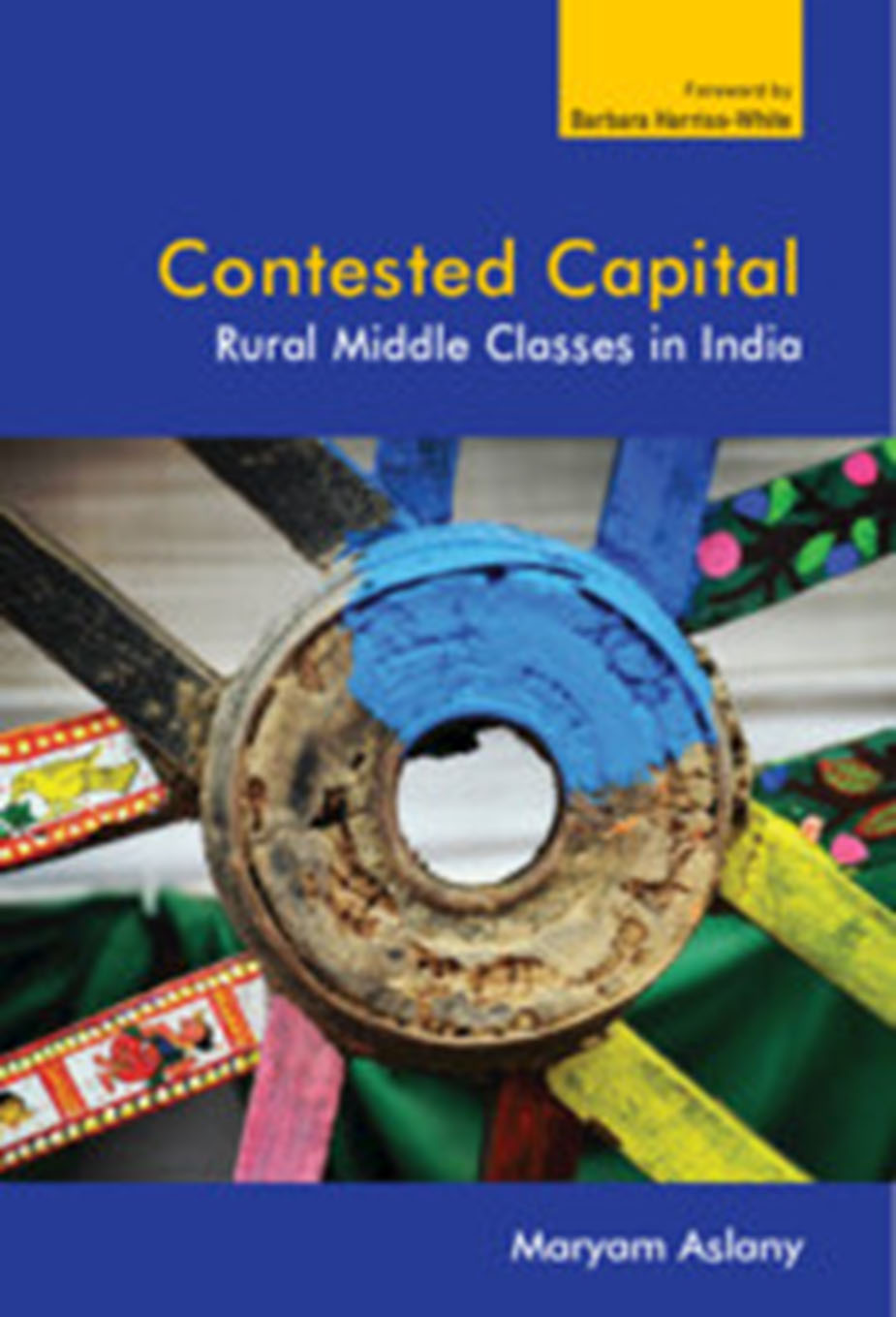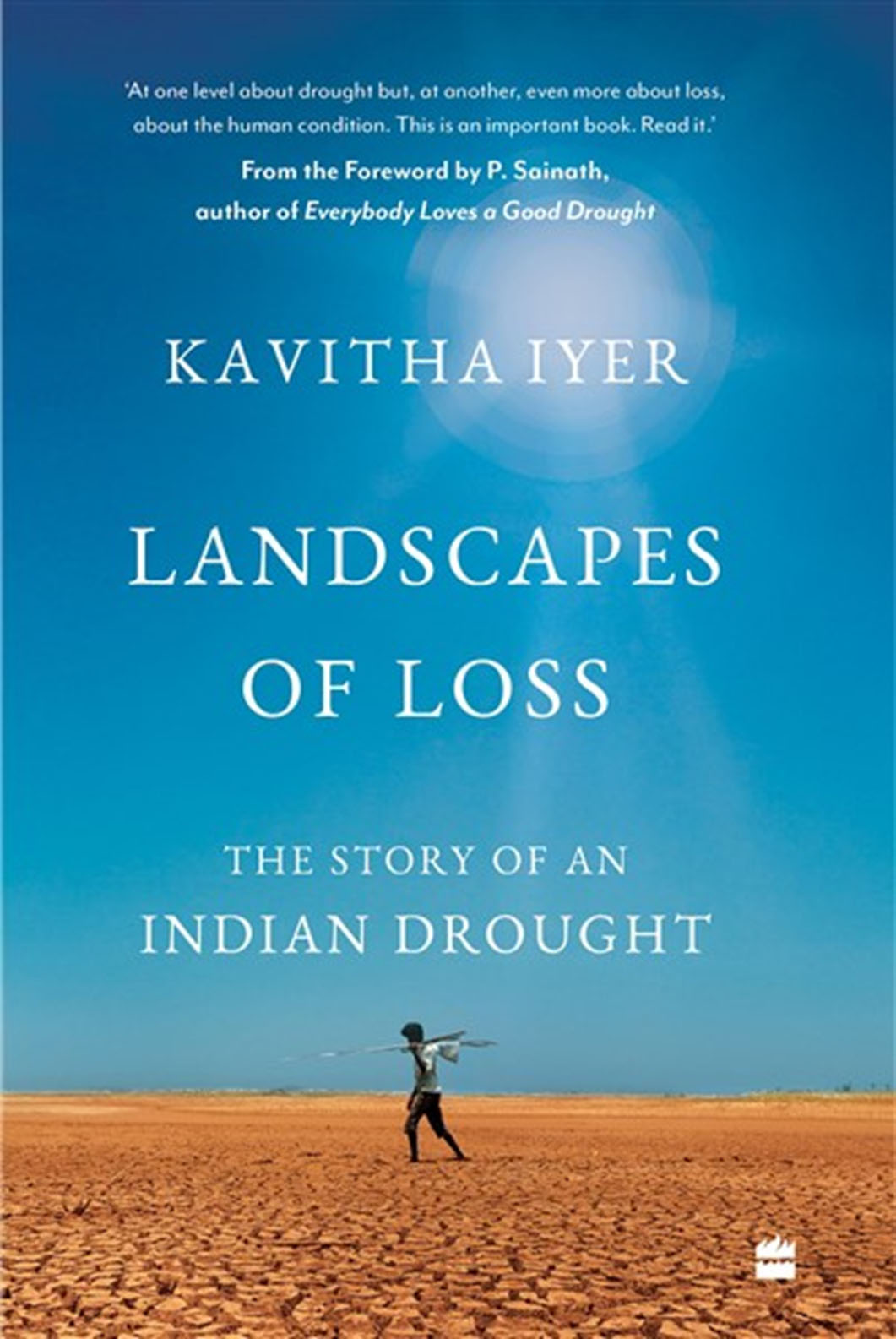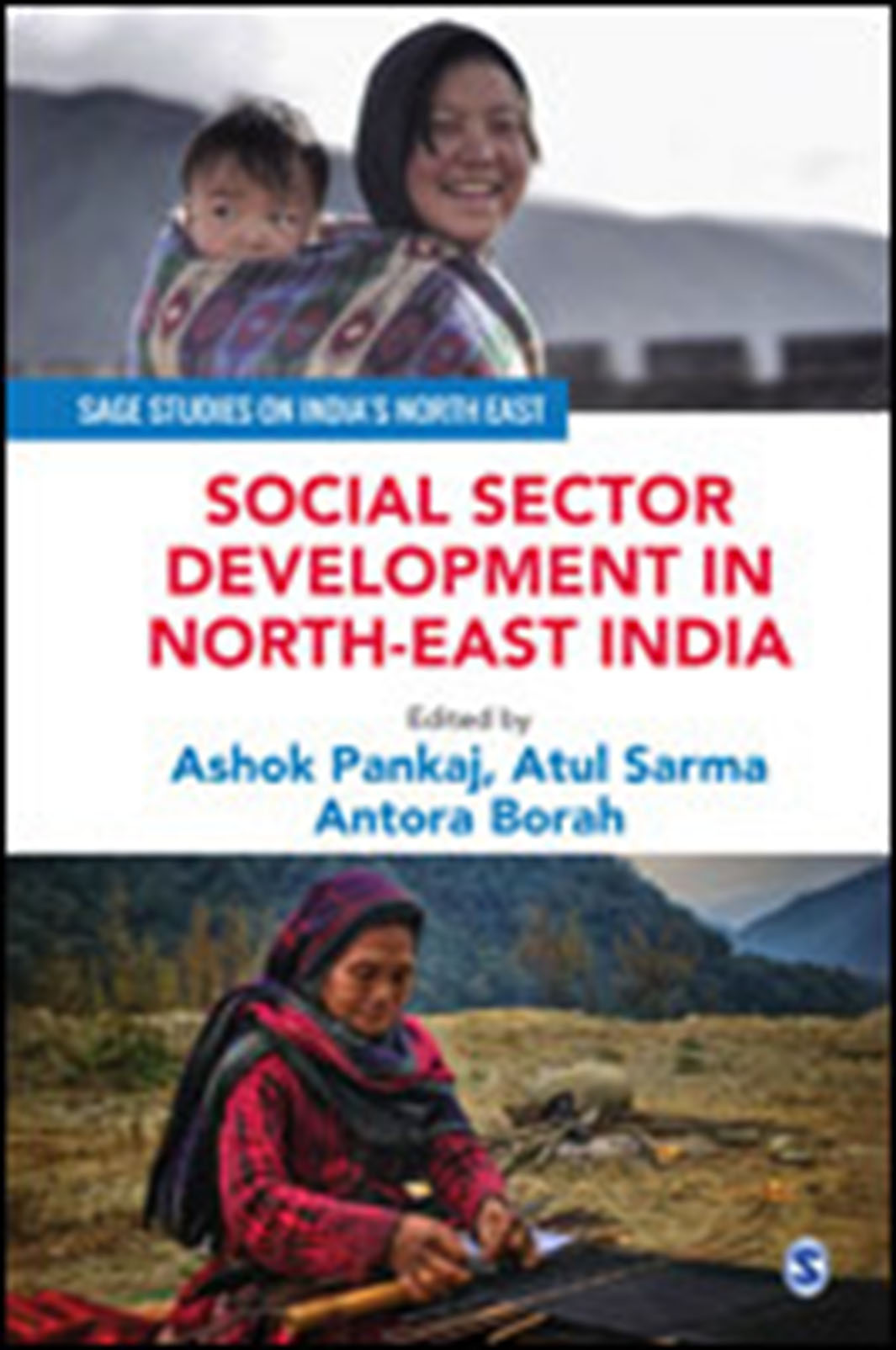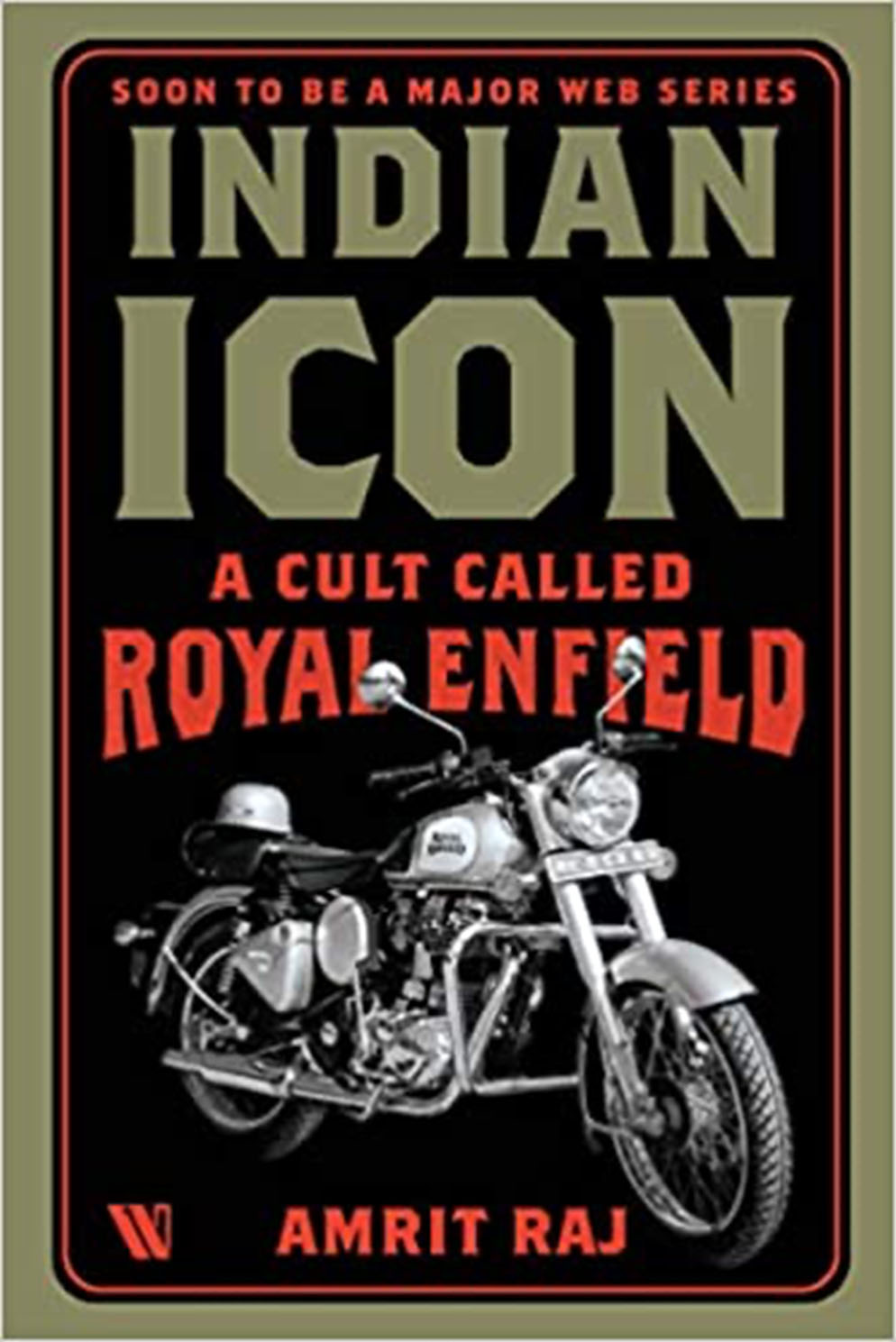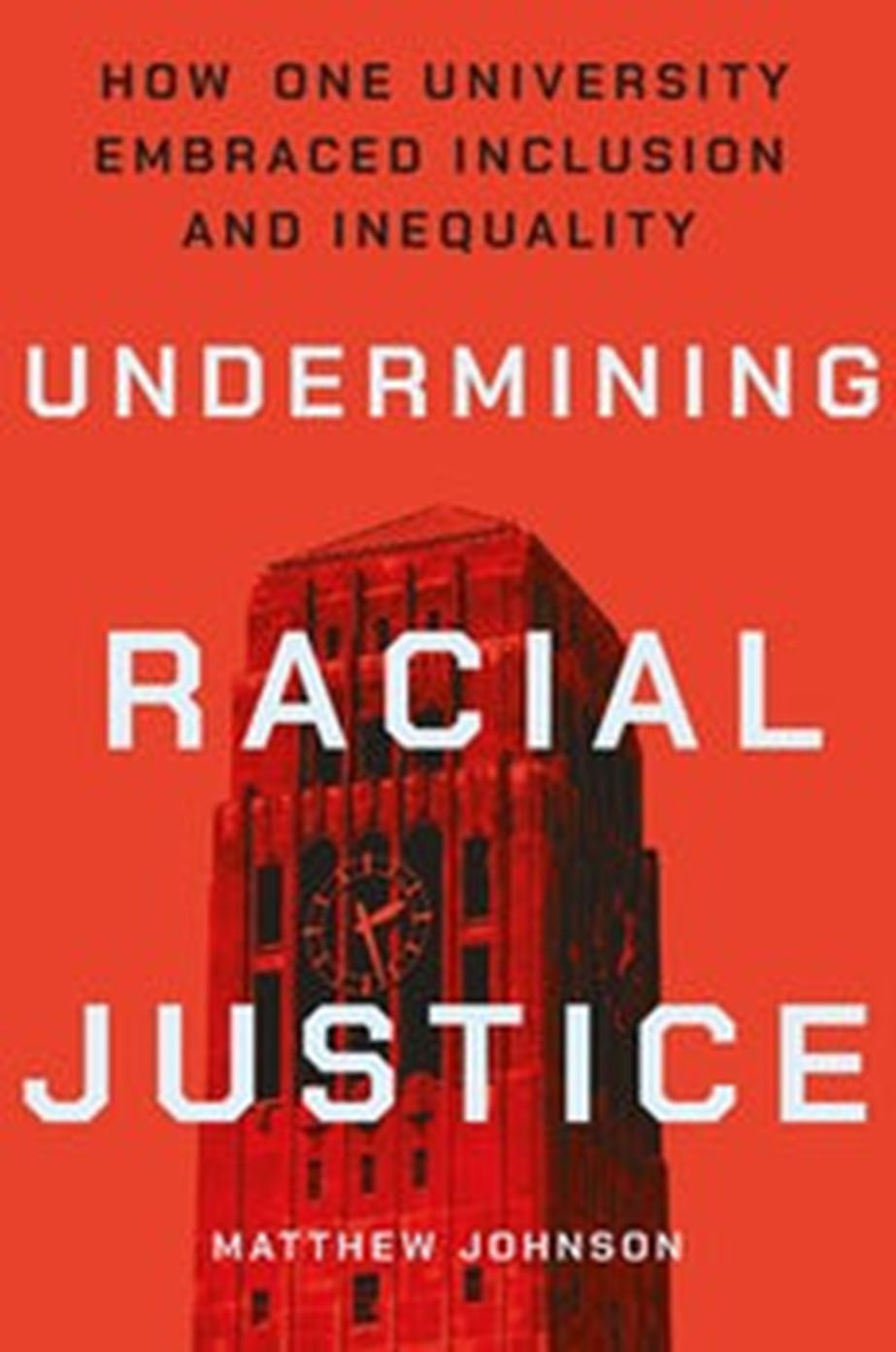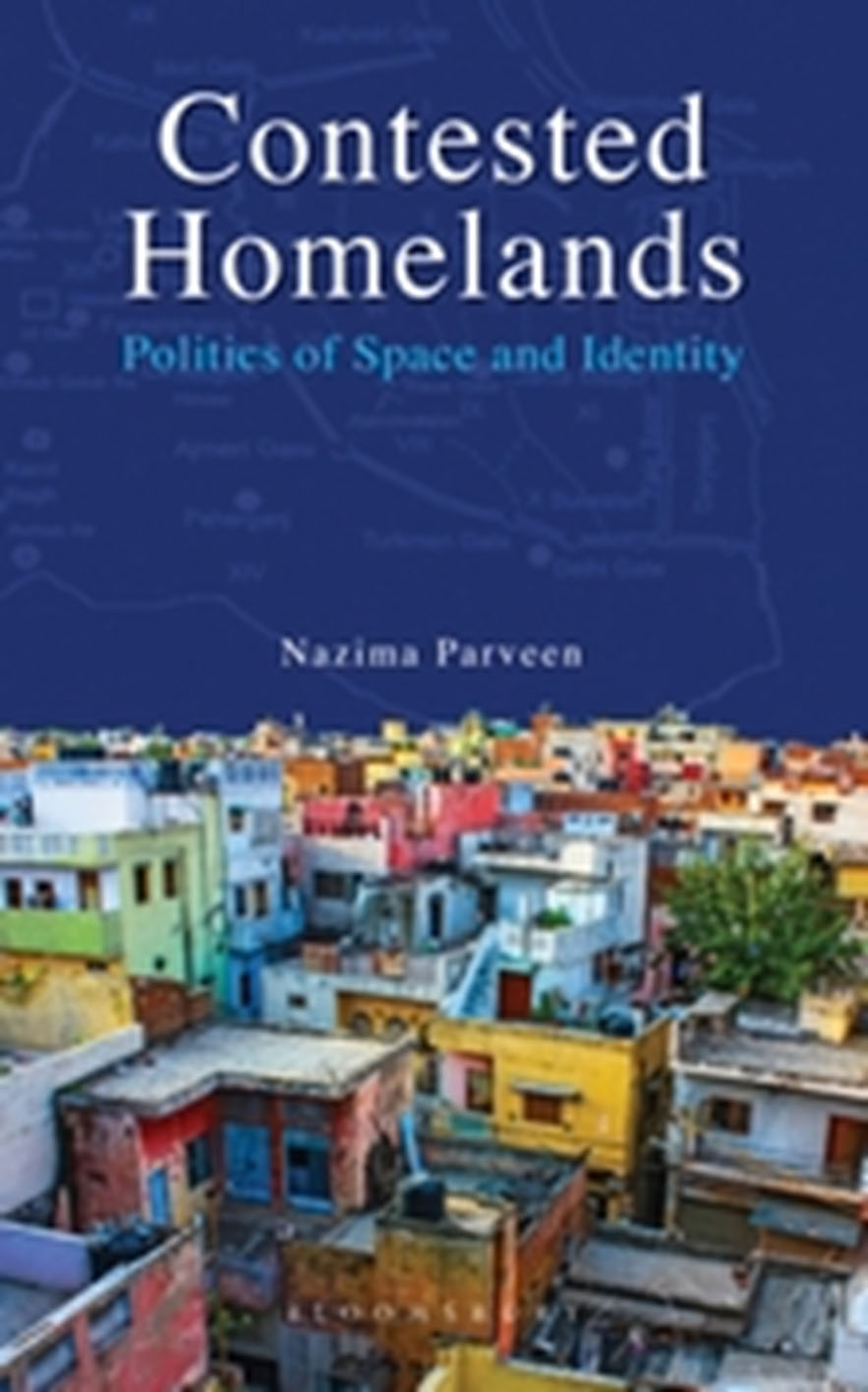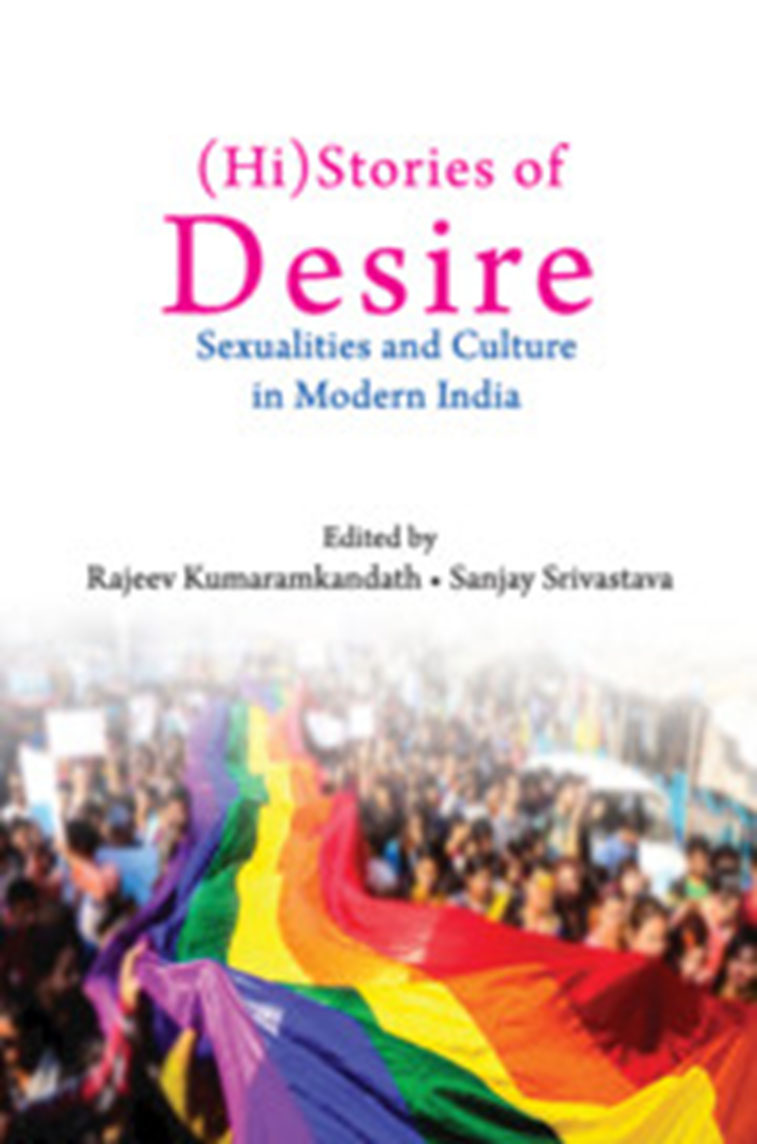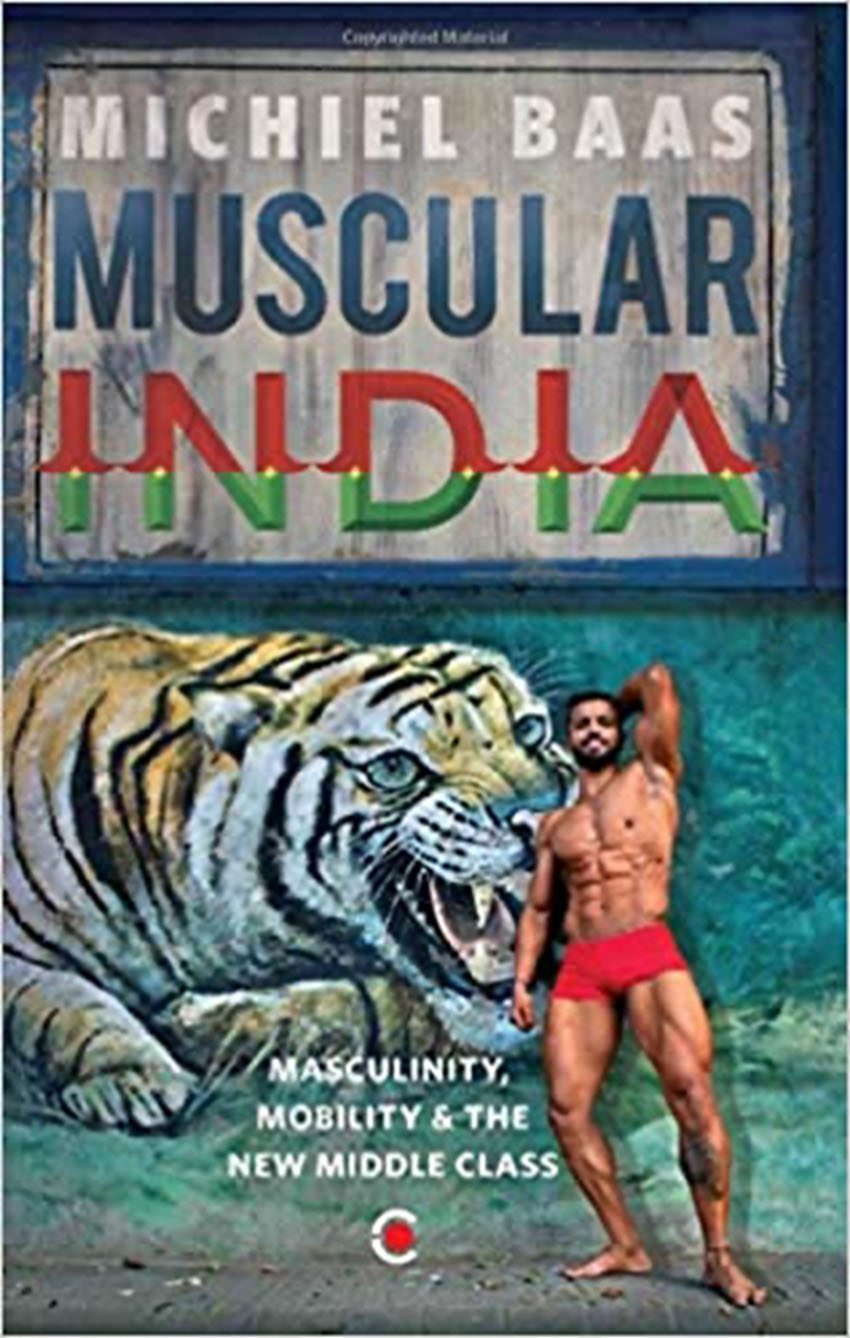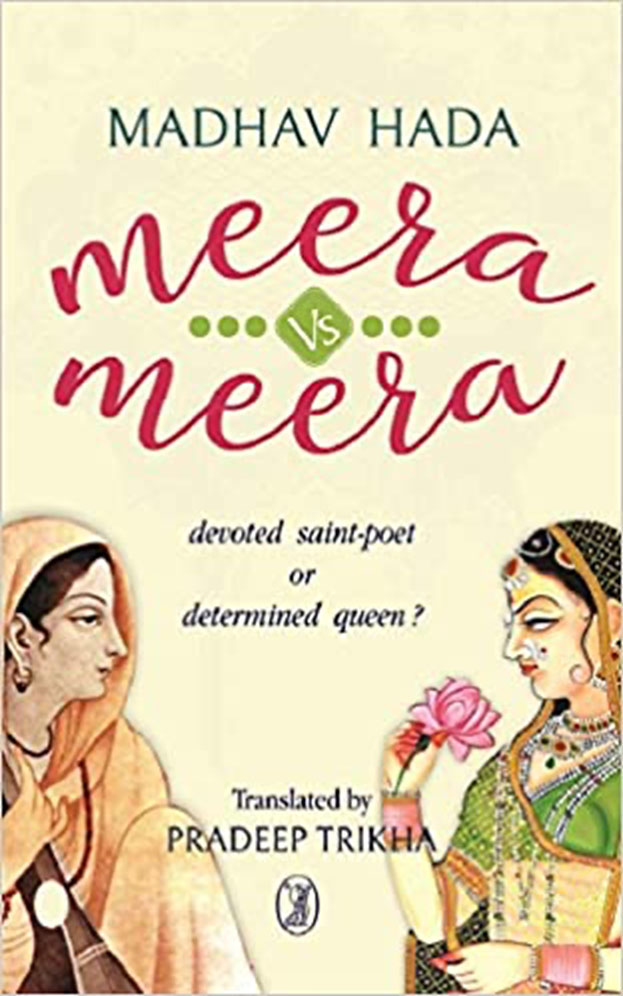It would not be amiss to say that Dadabhai Naoroji has been languishing for a long time in the lounge of history, waiting to be ushered into the hall of fame. The near absence of Naoroji’s memory from the political landscape of today is a rude reminder of the injustice done…
Archives
May 2021 . VOLUME 45, NUMBER 5This book is a romantic narrative about overcoming the centrifugal forces unleashed by various Indian Princely States during the tumultuous years leading up to and shortly after Independence. Like all romantic narratives, the tone of the book is heroic…
Stretching her observations across some 200 pages, Naomi Appleton has managed, in her book, to fence in a scholarly enclosure into which she has herded not only the three major dharmas of the subcontinent but also some of their most important deities and heroes…
Books such as Making India Great Again: Learning from Our History are meant to have a long life. However, books are also reflective of a particular time and a milieu. Context does have an influence on what is written and when it is written…
Ananth Krishnan’s book is a refreshing take on a topic India has grossly underinvested in. It is well known that dealing with its neighbour has been one of the most significant challenges confronting India’s foreign policy-makers; however, a very honest and sincere attempt to understand China from multiple lenses has been elusive. Discourses on China in India have been captive to the ghosts…
Film scholarship across the world has been using various theoretical concepts to deal with aesthetics, especially the visual aesthetic of different genres of cinema. These broader theoretical approaches are linked to semiotics and representation, ideology and mass mediation…
What makes Devika (the little goddess) Rani (the queen) so unique in the history of Indian cinema? And what has sustained public imagination on this enigmatic lady till now? Is it her ethereal beauty, acting ability, radiant personality, pedigree or upbringing…
Sometime during the early decades of the 1900s, with India in the throes of the anti-colonial movement, Kulsumbai decided that her family—the couple and their six children, three boys and three girls—would move to England, and the kids would be admitted to a boarding school there…
In this virtual world where image consumption on the screen is the norm and many web-based platforms offer our eye the luxury to look at the work of talented photographers, coming across the printed picture is an experience that still goes unmatched. The materiality of paper…
Writing on the former Princely State of Jammu and Kashmir, in its post-1947 avatar(s), is a challenge that few of us have met without being called out for missing out on not one but many strings which weave together the chaotic mess that has come to be euphemistically called the Kashmir problem…
The on-going farmers’ protest in India has once again highlighted the continuous significance of land on the one hand and its continuous process of making and re-making on the other. These protests point towards the fact that the land issues and agrarian politics are not settled…
British ethnographers and administrators commenced the documentation of Tribes and Caste in India. HA Rose, HH Risley, E Thurston, RE Enthoven, RV Russel and others made painstaking efforts to identify different communities present in British India. After Independence…
Amartya Sen’s ‘Capability Approach’ and ‘Development as Freedom’ continues to intrigue, interest and push scholars to explore what emerges when these are applied in the concrete, on the ground, to specific sectors, and, categories of people within these sectors…
Rural society in India has undergone social and economic transformation in varying degrees during the past decades giving rise to new questions and issues such as decline or demise of traditional social classes and the rise of new ones, changes in patterns of power relations among them…
‘When the well’s dry, we know the worth of water.’– Benjamin FranklinIndia woke up to a spate of farmer suicides through Everybody Loves a Good Drought by P Sainath, and the first State where suicides were reported was Maharashtra. Two decades after that book…
This book was, perhaps, envisaged along with a conference titled ‘Social Sector Development in North-East India: Problems, Issues and Challenges’. The most striking point the book states is that human capital development should be the focus of all efforts for the social development of the region…
When a friend sent me a copy of Indian Icon by Amit Raj, the timing was great! It had been a regrettably long time since I had read a good book and I was looking for something to get back into the habit. We have had Bullets in our family for three generations…
Undermining Racial Justice is an archival exploration of the movement for racial justice that gripped the University of Michigan (henceforth UM) from the 1960s. Divided into eight lucidly written chapters complemented by an introduction and a discerning epilogue…
In the book under review Nazima Parveen looks at the transformation of Shahjahanabad, which later became Old Delhi, between 1850 and the 1970s to understand the deep segregation that has emerged between the city’s Hindu and Muslim populations in terms of residential living…
(Hi)Stories of Desire is set to be a landmark publication on culture in modern India. It maps this via the route of sexualities and draws upon a diverse set of disciplinary locations and research to do so. In addition to a very comprehensive introductory chapter co-authored…
Ever since I had started listening to rock music in my early teens, one of the most unusual figures I have come across is Henry Rollins. Rollins began as a front man for Black Flag, a band that is part of the canon of punk rock in its later period, and later made a name as the founder of Rollins Band…
India is a land of diverse opinions, interpretations and debates. It is a land of pluralistic but protean ethos. Herein history and hagiography, anecdotal and ideological, secular and sacred continuously coalesce and collide to configure and reconfigure its constitutive icons. In the process the icons often lose their existential/embodied moorings…

